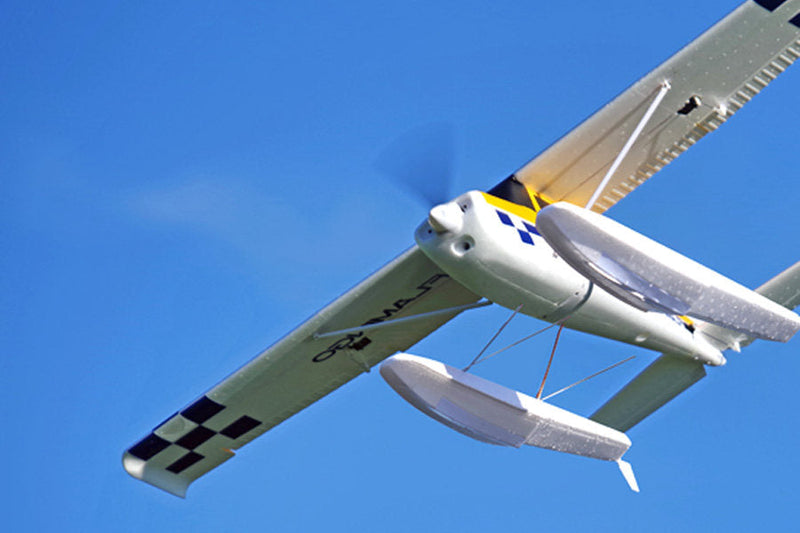Flying an RC air plane can be an exhilarating experience, offering both excitement and a sense of achievement. However, for beginners, the world of remote-controlled aircraft can seem daunting. This guide aims to provide you with essential tips and tricks to help you navigate your journey into the skies.

Understanding the Basics of RC Airplanes
Before you take to the skies, it's crucial to understand the different types of RC air planes available. Generally, they can be categorized into two main types: electric and gas-powered. Electric models are often recommended for beginners due to their ease of use and lower maintenance requirements.
"The thrill of flying an RC airplane is unmatched, especially when you master the controls." - RC Enthusiast
Choosing Your First RC Air Plane
When selecting your first RC air plane, consider the following factors:
- Size: Smaller planes are generally easier to handle.
- Weight: Lightweight models are more forgiving in flight.
- Durability: Look for planes made from sturdy materials.
For instance, the Horizon Hobby Sport Cub S is an excellent choice for beginners due to its stability and ease of control. Below is an image of this model:

Essential Tips for New Pilots
As a new pilot, mastering the controls of your RC air plane is vital. Here are some tips to enhance your flying experience:
- Practice on a Simulator: Before flying your actual plane, consider using a flight simulator to get accustomed to the controls.
- Start with Calm Weather: Flying in windy conditions can be challenging for beginners.
- Join a Club: Connecting with experienced pilots can provide valuable insights and support.
Understanding Flight Controls
Familiarizing yourself with the flight controls of your RC air plane is essential. The basic controls include:
- Ailerons: Control the roll of the plane.
- Elevator: Controls the pitch and altitude.
- Rudder: Manages the yaw and direction.
By understanding these controls, you will be better equipped to maneuver your aircraft effectively.
Safety First: Best Practices for Flying RC Airplanes
Safety should always be a priority when flying an RC air plane. Here are some best practices to follow:
- Always fly in open areas away from people and obstacles.
- Check your equipment before each flight.
- Respect local regulations regarding flying RC aircraft.
By adhering to these guidelines, you can ensure a safe and enjoyable flying experience.
Conclusion: Embrace the Adventure of RC Flying
Flying an RC air plane is not just a hobby; it’s an adventure that can lead to lifelong friendships and unforgettable experiences. With the right knowledge and practice, you can become a skilled pilot in no time. So, are you ready to take your first flight?
For more tips and tutorials, check out this video guide that covers the basics of flying RC airplanes.